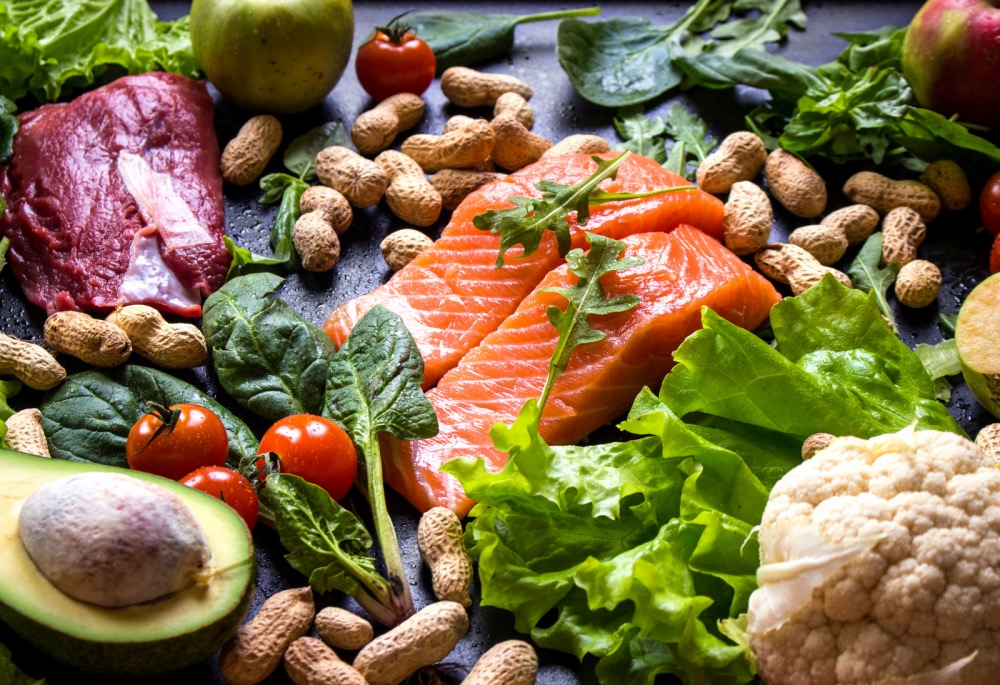The human body, a marvel of biological engineering, is an intricately interconnected system that hinges on a balance of fundamental elements for optimal functionality. Ensuring that these fundamental needs are met is a non-negotiable prerequisite for maintaining robust health, enhancing the quality of life, and promoting longevity. This article unveils the eight crucial pillars supporting human health.

1. The Power of Nutrition
Arguably, proper nutrition serves as one of the most influential determinants of health. A balanced diet, rich in essential nutrients such as proteins, carbohydrates, fats, vitamins, and minerals, is pivotal to human survival. The nutrients we consume become the building blocks of our bodies, integral for energy production, growth, and repair, as well as the maintenance of diverse bodily functions [1].
Scientific research demonstrates that suboptimal intake of these nutrients leads to a weakened immune system, reduced physical and mental performance, and a higher susceptibility to various diseases [2].

2. The Essence of Hydration
Water, the elixir of life, comprises about 60% of the human body. Its vital role in maintaining body temperature, cushioning joints, aiding digestion, and expelling waste and toxins from the body underscores its importance in human health. In fact, even mild dehydration can cause fatigue, headaches, and impair cognitive function [3].

3. The Necessity of Sleep
The importance of sleep, often overlooked, cannot be overemphasized. During sleep, the body undergoes critical repair and rejuvenation processes, consolidates memory, and releases hormones regulating growth and appetite. Research reveals that chronic sleep deprivation can trigger health problems including heart disease, diabetes, and impaired cognitive function [4].

4. The Role of Exercise
Physical activity is a fundamental cornerstone for maintaining good health. Regular exercise helps control weight, reduces the risk of heart disease, fortifies bones and muscles, and enhances mental health and mood. Numerous studies highlight the role of exercise in preventing chronic diseases, improving longevity, and promoting general well-being [5].

5. Oxygen: The Breath of Life
Without a continuous supply of oxygen, human survival is untenable. Oxygen fuels cellular respiration, a process converting nutrients into energy. Beyond energy production, oxygen plays a role in the functioning of the immune system and aids in healing and cell regeneration [6].

6. Sunlight: The Solar Boost
Sunlight exposure plays a pivotal role in human health, most notably through the facilitation of vitamin D synthesis. Vitamin D, produced in the skin in response to sunlight, is essential for bone health, immune function, and has been implicated in the prevention of various diseases [7]. Additionally, sunlight influences our sleep-wake cycle or circadian rhythm, critical for maintaining our physical, mental, and emotional well-being. However, it is important to balance sun exposure with skin protection, as excessive sunlight can lead to skin damage and an increased risk of skin cancer [8].

7. The Impact of Social Connection
Humans, by nature, are social beings. Our mental and emotional health heavily relies on a sense of connection and belonging. Positive social interactions and relationships reduce stress, increase longevity, and foster overall well-being. There’s abundant evidence associating strong social connections with improved physical health and longevity [9].

10. Non-Fuel Nutrients: The Micro-Nutrient Necessities
While proteins, carbohydrates, and fats are the primary energy sources, the human body also requires non-fuel nutrients for optimal functioning. These include vitamins, minerals, antioxidants, and phytochemicals essential for various bodily processes [10]. For instance, vitamin C and E act as powerful antioxidants, defending against cellular damage. Iron is integral for blood production, while calcium and phosphorus are key to bone health. Though required in smaller quantities than macronutrients, these non-fuel nutrients are crucial for maintaining health and preventing diseases. A diet rich in a variety of fruits, vegetables, whole grains, lean proteins, and healthy fats generally provides an adequate amount of these essential non-fuel nutrients [11].
In Conclusion
In conclusion, comprehending and addressing these eight fundamental needs can significantly enhance the health and functioning of the human body. Remembering that these needs are interconnected and work symbiotically to promote overall well-being is crucial. A holistic approach encompassing all these elements is essential to attain optimal health.







